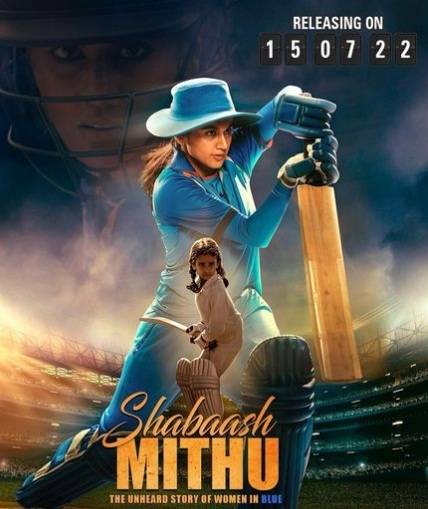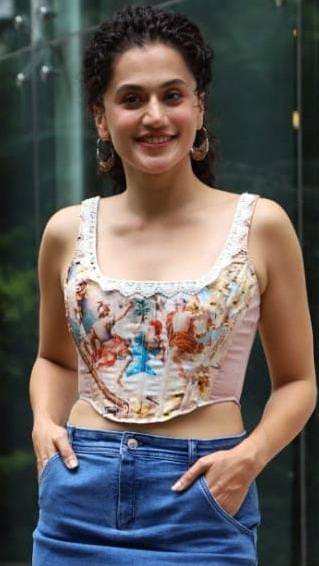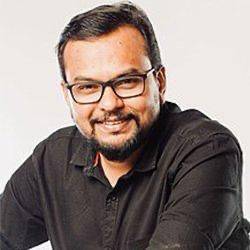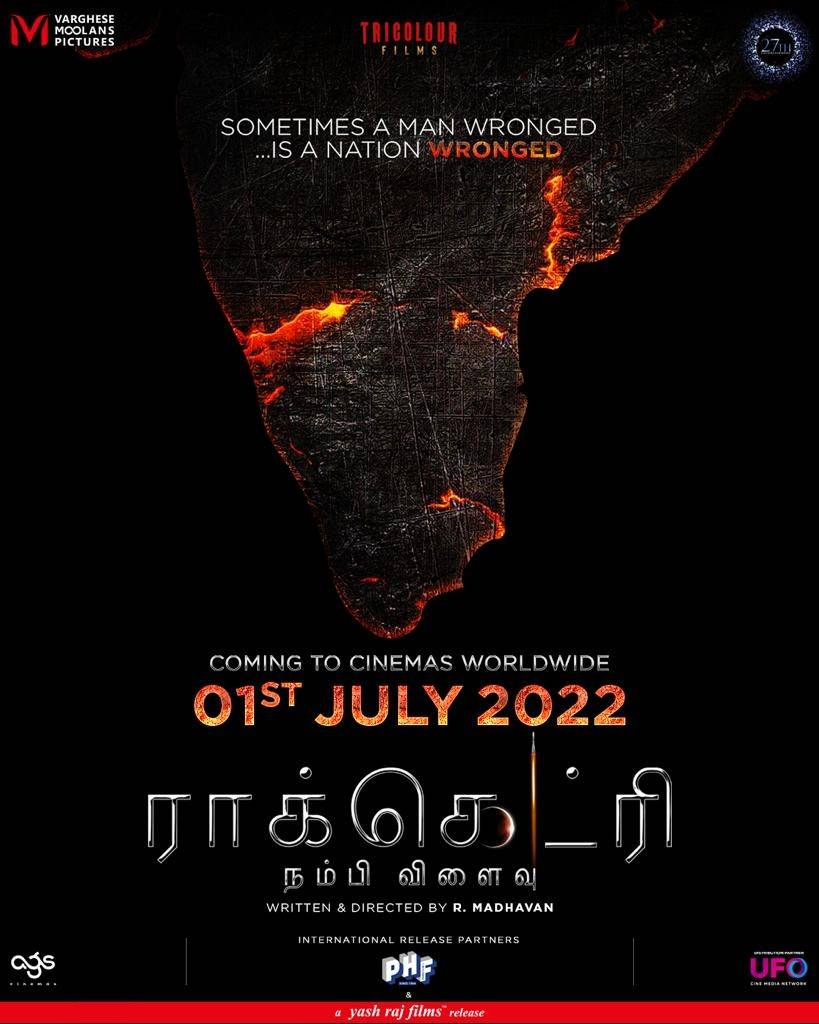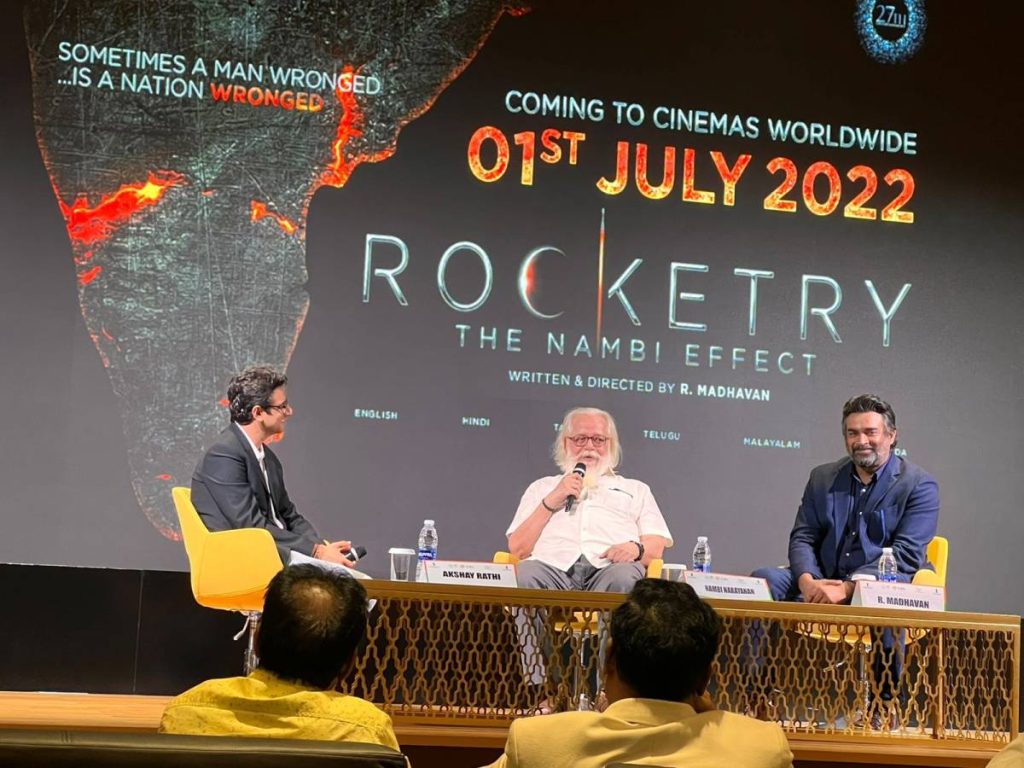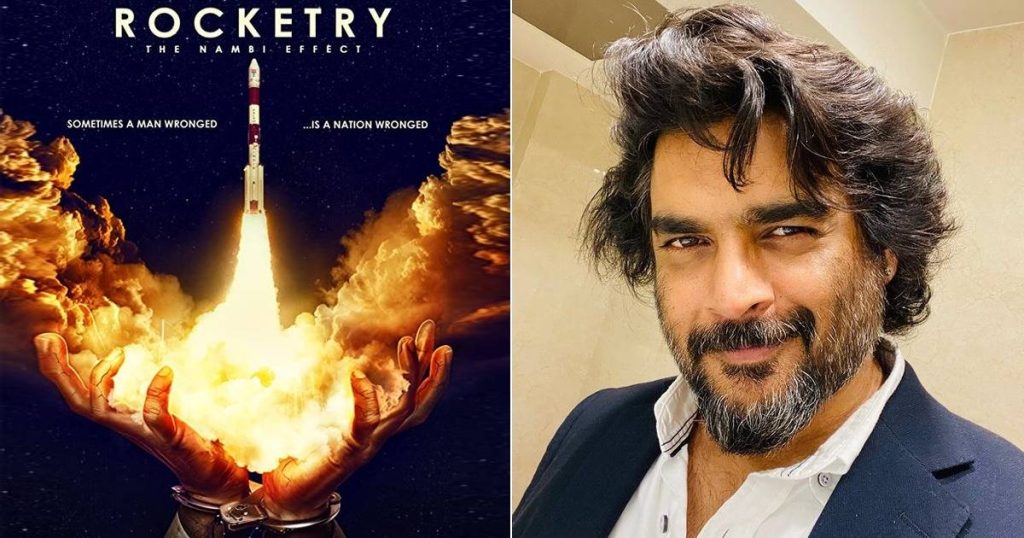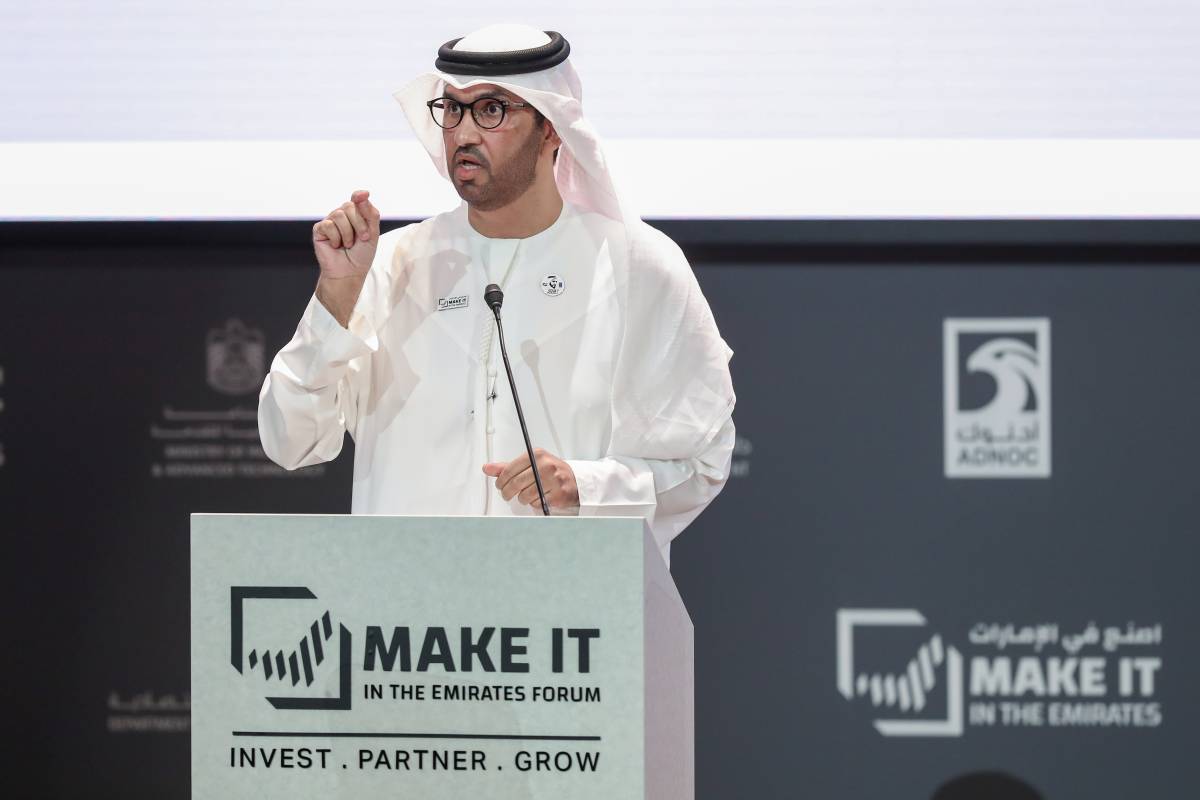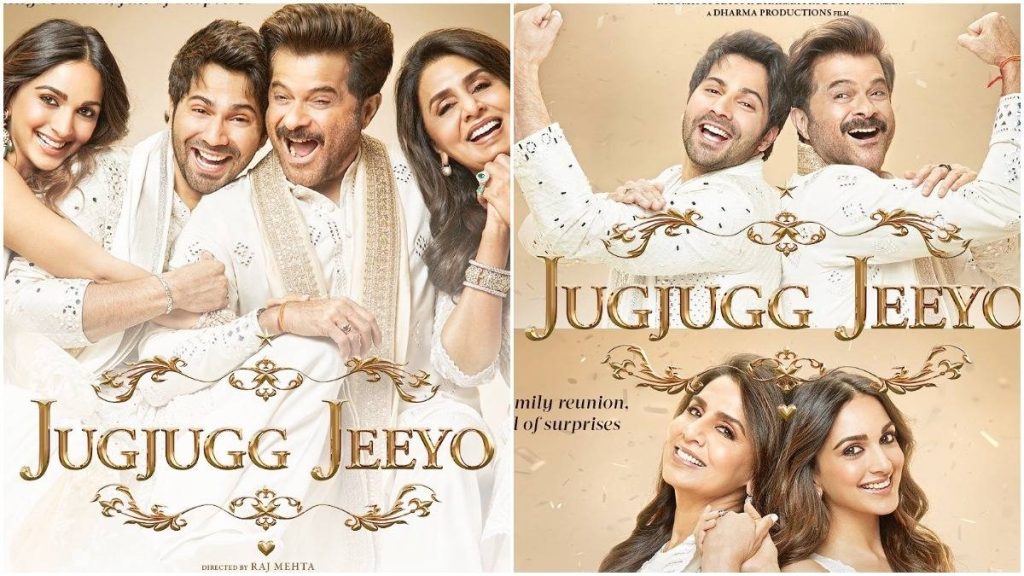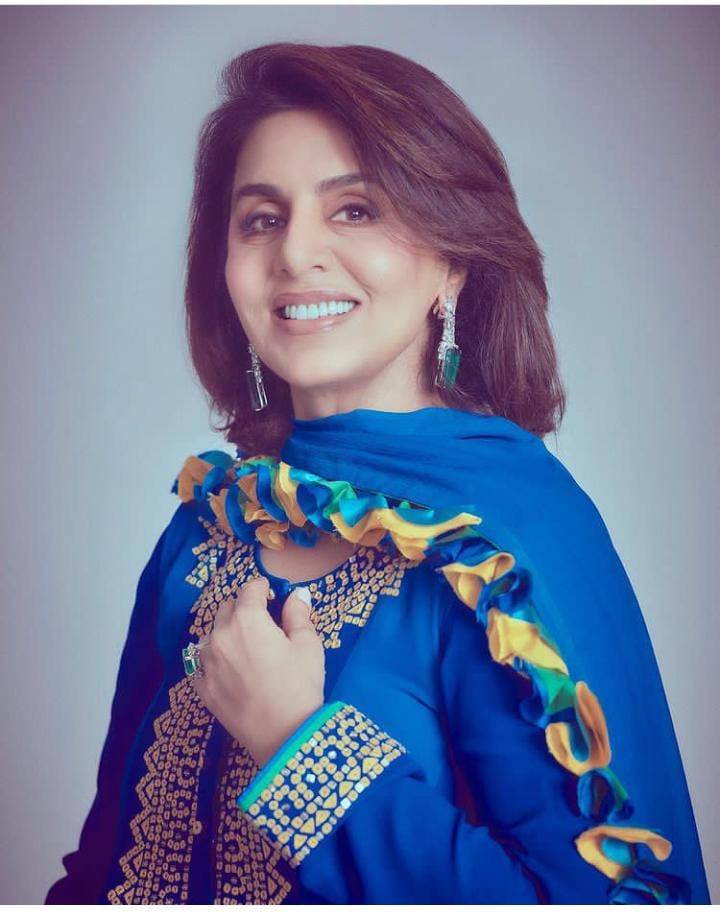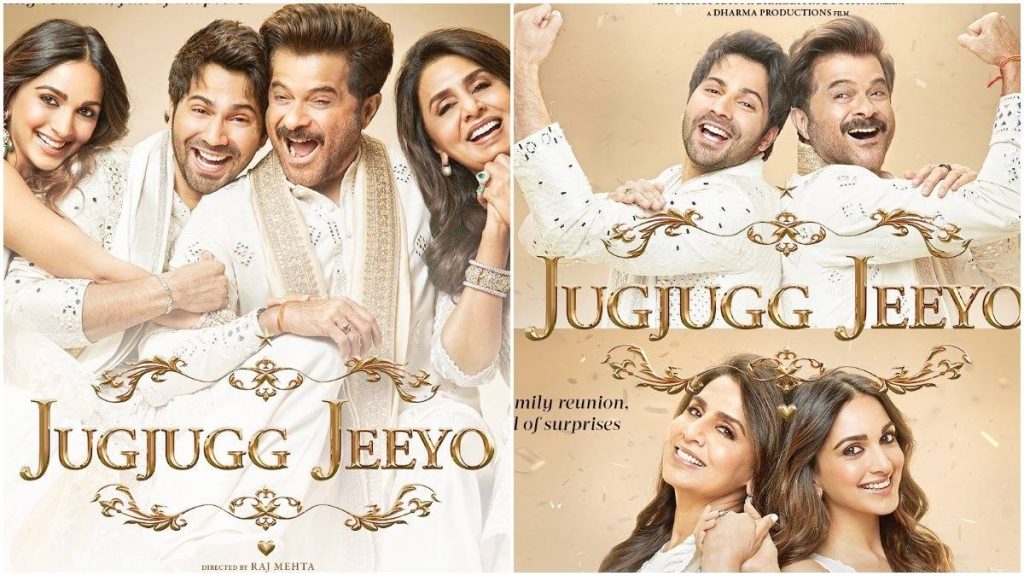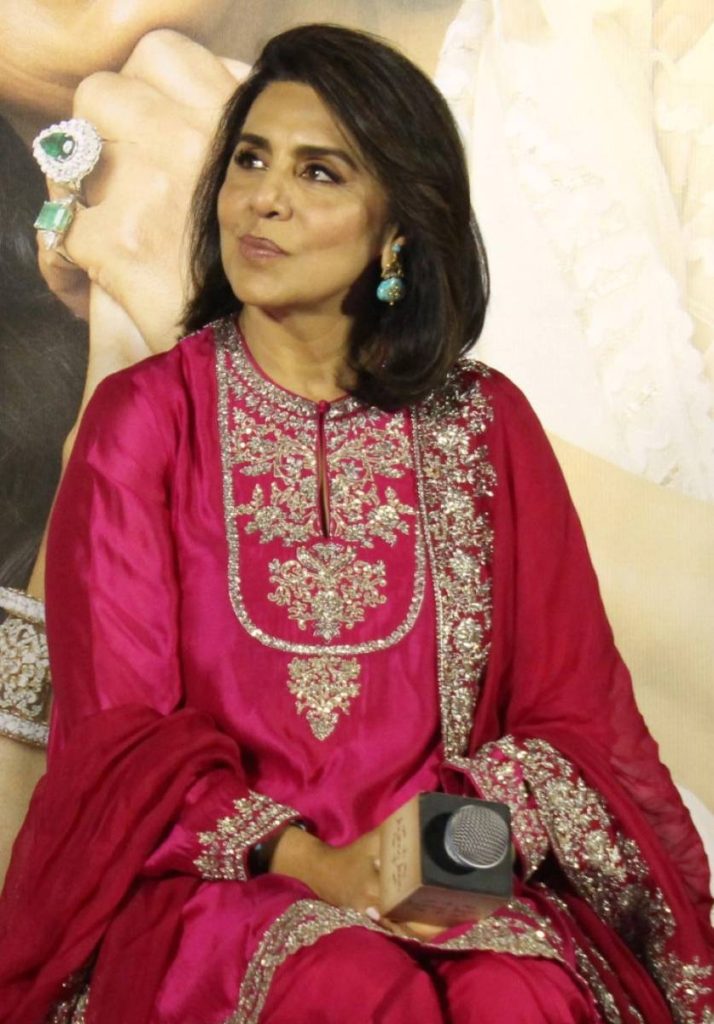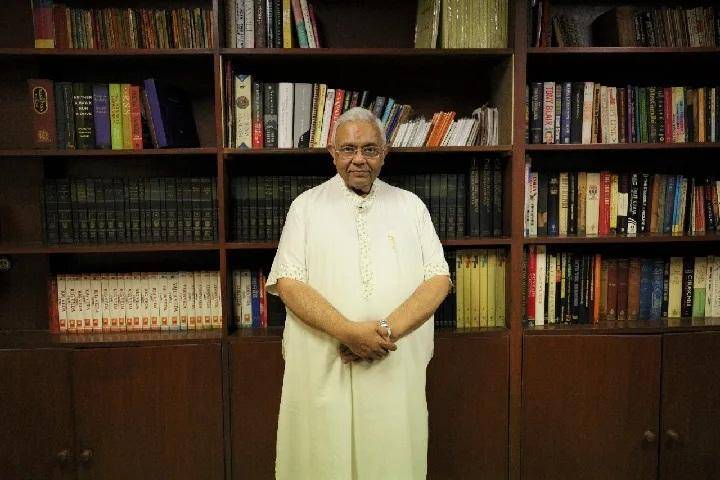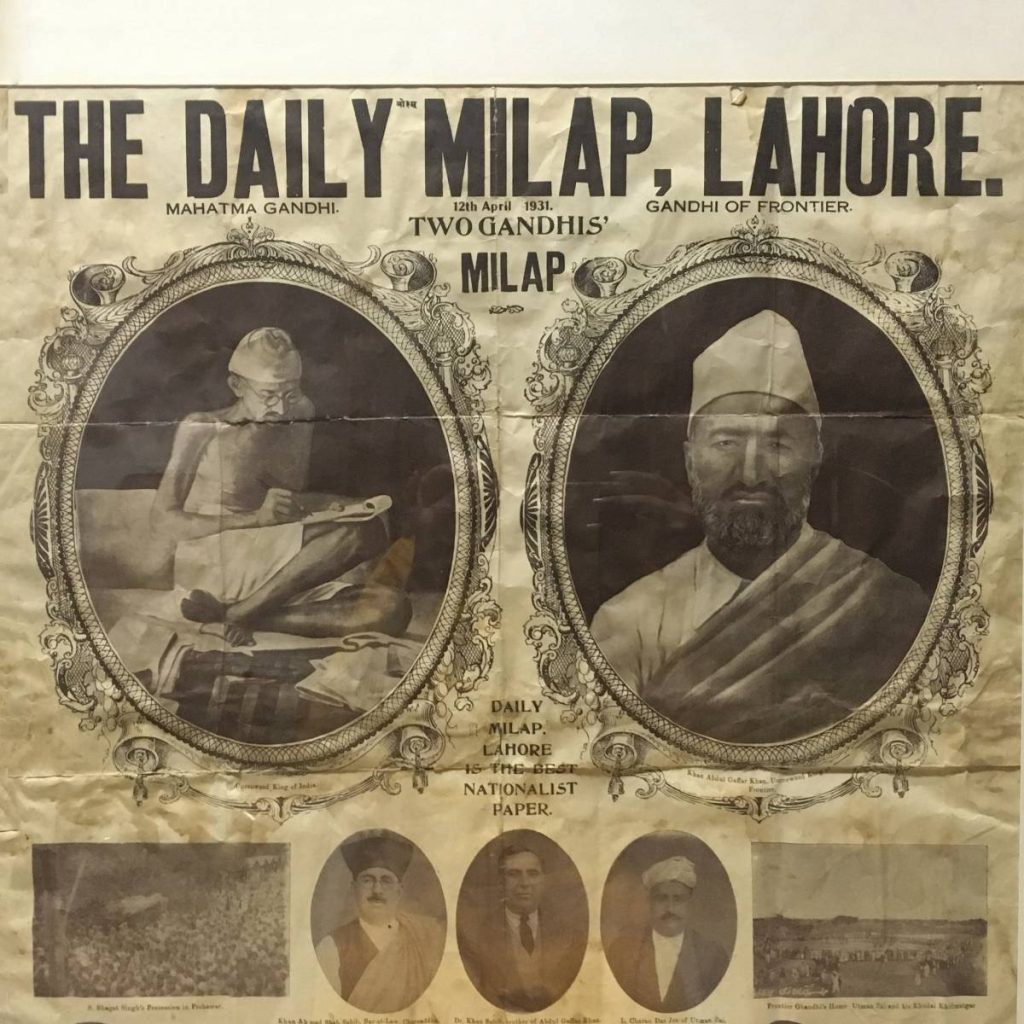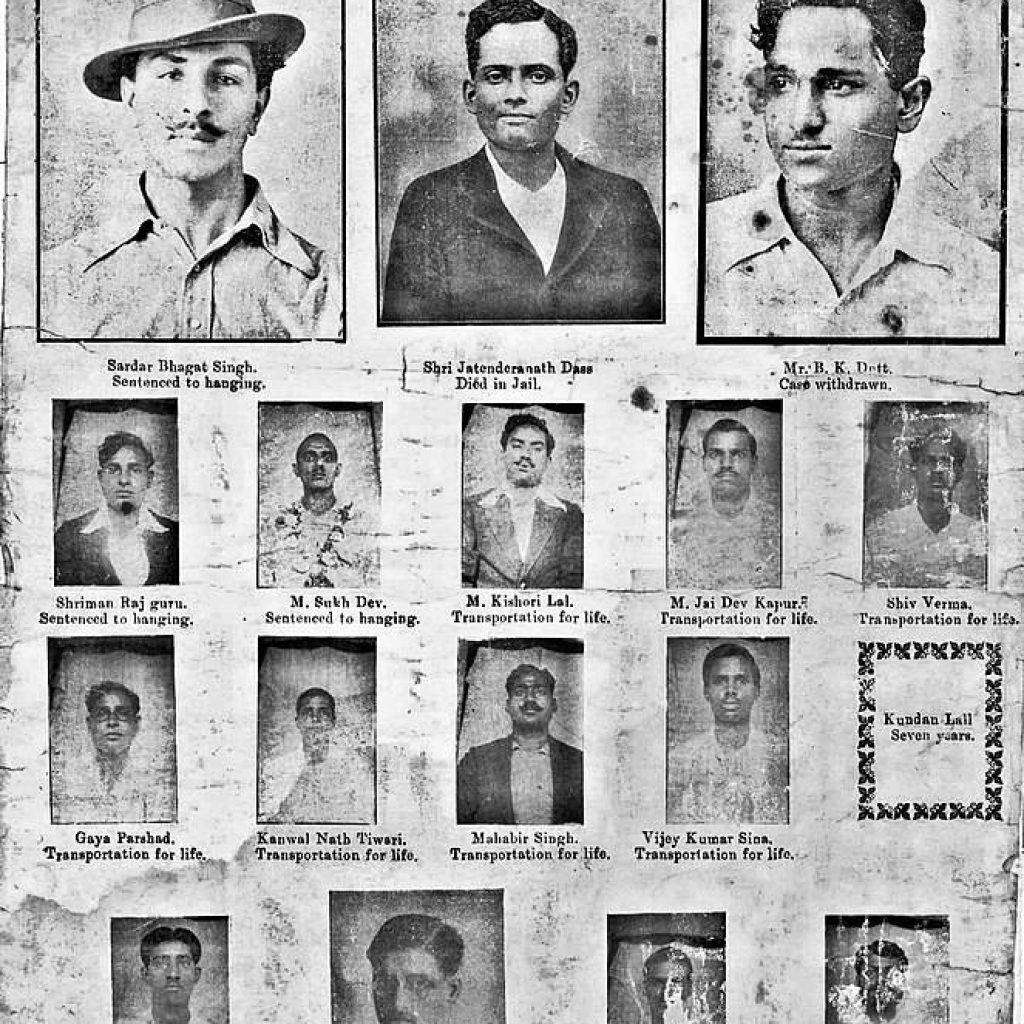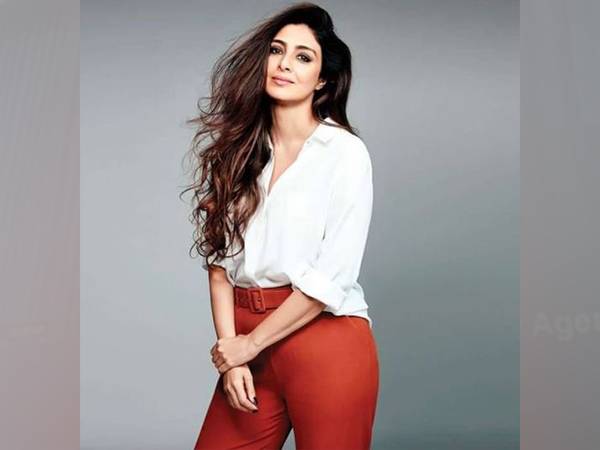Dr. Sultan bin Ahmed Al Jaber, Minister of Industry and Advanced Technology and Chairman of Emirates Development Bank, said that the UAE had made quantum leap in its industrial development thanks to the support, directives and vision of its wise leadership…writes Nasser Al Jabri and Ahmed Al Nuaimi
The country has managed to enhance its strategic industrial position, as it moves forward towards achieving its industrial goals with a set of competitive advantages, and has positioned itself as an attractive global platform and a pioneer in the manufacturing sector, he added.
In an interview with the Emirates News Agency (WAM) on the sidelines of the ‘Make it in the Emirates Forum’, Dr. Al Jaber underscored the important role of Emirates Development Bank (EDB) in providing financial solutions that support the UAE’s national industrial strategy, highlighting the bank’s contribution to the national economy and GDP in the UAE to date.
He explained that EDB is one of the key financial engines of the UAE’s industrial transformation and economic diversification agenda, as it offers innovative financing solutions and programmes, with its latest target involving the deployment of AED25 billion of support to 13,500 companies within the five priority sectors.
Asked about EDB’s achievements, Dr. Al Jaber said that EDB’s objective is “to maximise our impact on the UAE economy”, by setting a target to raise the bank’s contribution to GDP to more than AED10 billion through developing value chains in the national economy, focusing on the industrial sector.
He noted that EDB contributed a nine-fold climb in industrial capital deployed, from AED108 million in 2019 to AED1 billion in Q1 2022, an increase of 832 percent, as well as a five-fold increase in SME loans approved from AED79 million in 2019 to AED407 million in Q1 2022, or 415 percent. EDB also recorded a nine-fold increase in large corporate loans from AED29 million in 2019 to AED 268 million in Q1 2022, a boost of 824 percent.
The full text of the interview is as follows:
Q1: It has been one year since the Emirates Development Bank launched its new strategy. Could you provide a recap of the major pillars of this strategy?
The new strategy of Emirates Development Bank was launched by our wise leadership in April 2021 to turn EDB into one of the key financial engines of the UAE’s industrial transformation and economic diversification agenda. This strategy is based on the pillars identified by President His Highness Sheikh Mohamed bin Zayed Al Nahyan during the launch of the strategy last year, in which EDB was mandated to support and empower the national industrial sector, facilitate the adoption of advanced technology, empower the growth of SMEs and encourage start-ups and innovation – all of which are in line with national development priorities and initiatives.
Moreover, His Highness Sheikh Mohammed bin Rashid Al Maktoum, Vice President, Prime Minister and Ruler of Dubai, said that the Emirates Development Bank Strategy will accelerate vital priority sectors such as manufacturing, advanced technology, infrastructure, healthcare, and food security by supporting the thousands of companies who operate within them, providing a key impetus to the national economy far into the future.
EDB undertakes this role through a range of financial and non-financial products that aim to enhance the bankability of companies and increase their access to the financial resources required to launch, expand or improve their business. EDB deploys a range of tools and criteria that allows us to measure the developmental impact of these financial offerings, ensuring we deliver the maximum benefit to the national economy.
EDB is executing this strategy across three main tracks, the first of which is direct financing to SMEs and large corporates sponsoring industrial projects. The bank has set a target to deploy AED25 billion of support to 13,500 companies within the five priority sectors.
The second track is indirect financing through our Credit Guarantee Program, which supports SMEs by guaranteeing loans from our partnership network of nine commercial banks. This program has mobilised more than AED332 million of capital to SMEs in the past year.
The third track is non-financial solutions, including training, consultancy and market studies, which are hugely important in a rapidly evolving economic landscape. We also offer digital solutions such as EDB’s the new digital banking app, which enables SMEs and start-ups kick-start their business by providing business bank account and an IBAN number within 48 hours and then offering a comprehensive range of fast, secure and round-the-clock banking services.
In the context of the ‘Make it in the Emirates Forum’, EDB has a massive role to play in empowering local manufacturing. The forum presented industrial companies, manufacturers and investors with a unique opportunity and access to some of the product procurements plans of 12 of the UAE’s leading companies who have identified over 300 products across 11 sectors at total purchase value of AED110bn. EDB’s participation is critically important as it is key to ensuring that financing requirements are met.
Q2: One year into the strategy, what has EDB achieved so far against set targets and in comparison, to previous years?
EDB’s objective is clear: to maximise our impact on the UAE economy. We have set a target to raise the bank’s contribution to GDP to more than AED10 billion through developing value chains in the national economy, focusing on the industrial sector; EDB’s presence today in the ‘Make it in the Emirates Forum’ is a testament to its relentless commitment to support the growth of advanced industries and further enhance the adoption of advanced technology.
In a year of transformation for EDB, we have been able to record a significant number of achievements. Through our direct financing and credit guarantees, EDB has seen a 19-fold increase in industrial GDP impact from AED59 million in 2019 to AED1.11 billion in Q1 2022, which equates to a rise of 1783 percent. There was also a nine-fold climb in industrial capital deployed, from AED108 million in 2019 to AED1 billion in Q1 2022, an increase of 832 percent. This was accompanied by a five-fold increase in SME loans approved from AED79 million in 2019 to AED407 million in Q1 2022, or 415 percent. Also, we registered a 9-fold increase in large corporate loans from AED29 million in 2019 to AED 268 million in Q1 2022, a boost of 824 percent.
As a key partner in the Ministry’s efforts to advance the industrial sector and increase its contribution to the UAE’s GDP, EDB used the Make it in The Emirates Forum to underline how its range of financing solutions can help large corporates and SMEs to expand, diversify and improve operational efficiency. Our participation at the Make it in the Emirates Forum has provided an opportunity to not only showcase our products and services, but also demonstrate our readiness to work in partnership with investors, commercial banks, freezones and other industrial enablers in order to mobilise the capital needed to accelerate the UAE’s industrial ambitions. EDB’s renewed strategy, which is aligned with the UAE’s national agenda, is preparing for the challenges and opportunities of the next 50 years and fulfilling an important gap in the market to ensure long-term and sustainable growth in the country.
Q3: Can you discuss the sectors supported by EDB and how much financing was done in the past year?
In line with the wise leadership’s directives, EDB works under the umbrella of the comprehensive vision for the national economy that seeks to position the UAE as a global hub for industry, advanced technology and the industries of future, as well as a magnet for global talents and capabilities, and guarantee our industrial, food, and technological security.
Based on this, EDB is focused on supporting sectors that diversify the economy towards non-oil GDP, and develop sectors that are a national priority for economic self-reliance and those that offer stable and sustainable growth for the future. EDB identified five key sectors that play a vital role in strengthening the economic resilience and competitiveness of the UAE, a list topped by manufacturing – in particular, petrochemicals, plastics, metals, machinery, electrical equipment, and renewable energy equipment. The second is healthcare, which includes pharmaceuticals, biotechnology, medical equipment, and hospital services, then comes food security, which includes agriculture, fisheries, aquaculture, and water desalination.
Advanced technology, which is a major pillar of the UAE’s economic future, is another priority, and we focus on supporting activities in 4IR technologies such as robotics and artificial intelligence. The fifth priority sector is infrastructure, encompassing energy and utilities, waste management, transportation, broadband connectivity, digital Infrastructure, and the circular economy.
EDB is driving industrial growth in each by offering a patient debt approach with flexible pricing and tailored financing solutions for customers who have investments in the UAE that facilitate high-skill job creation, capital expansion, export promotion, import substitution, technological transformation and investment in advanced technology, green energy adoption, and brownfield or greenfield development. In the year since the strategy’s launch, we have approved AED1.52 billion in loans to key sectors, including AED750 million to the industrial sector, AED350 million to the advanced technology sector, and AED400 million to the healthcare sector.
Q4: How then is EDB different from commercial banks?
Emirates Development Bank believes in the significance of partnerships and that, by combining the efforts of various financial institutions across the UAE, we can push economic development forward and ultimately deliver sustainable development for all. That is why we are a partner to the UAE’s commercial banks.
Because of its developmental nature, EDB is different from commercial banks as all of our operations are driven by our economic development mandate, with an objective to maximise economic impact for the UAE and drive GDP growth. EDB fills a critical gap in the market by enhancing the bankability of SMEs and supporting projects that offer benefits for the wider economy but are perhaps less viable for commercial bank lending. We assess economic development impact criteria on top of the standard risk and profit calculations of commercial banks and offer eligible projects more flexible terms, including interest grace periods, longer tenors, lower financing costs and higher loan-to-value ratios.
This unique approach is based on three key pillars: development impact assessment, risk evaluation, and efficient and quick deployment through our network of partners. To assess the developmental impact, EDB uses a proprietary ‘Developmental Impact Scorecard’ to evaluate a company’s or project’s eligibility for finance. This measures both the quantitative and qualitative impact, evaluating criteria such as: project nature, whether it contributes to creating a new industry sector, supports an ecosystem of SMEs, attracts foreign direct investment, contributes to local procurement, includes advanced technology, or drives in- country value and export promotion, among others.
In terms of risk evaluation, we believe in risk prudence. While we allow for more risk where the development impact potential is greater, we are still careful when assessing clients. That’s why we don’t offer financing to companies that are either overleveraged or have a negative credit history, or those seeking debt restructuring or acquisition financing.
For the third pillar, EDB can quickly and efficiently deploy financing through our network of partners in the public and private sector. Since the launch of our new strategy, we have signed 26 partnerships with key economic freezones, chambers of commerce, departments for economic development and government agencies focused on attracting direct investment to the UAE. These partnerships enable us to identify the right clients and projects and move quickly to bring their development plans to reality – and accelerate our impact on the national economy.
Q5: Finally, what message would you give to EDB’s target clients?
Our industries should be competitive and based on the highest standards of quality; they should be empowered by our existing enablers, incentives and differentiated advantages, including peace, stability and an excellent quality of life. Our industries should be export oriented and contribute actively to our economic diversification. In fact, enabling our industrial development will have a broader positive impact on the UAE economy, and all aspects of society.
The UAE enjoys many competitive advantages, the most important of which is a wise and supportive leadership that always looks to the future with a positive outlook, provides and focuses on ensuring stability, and have given directives for a flexible and encouraging environment to achieve our goals. We also enjoy highly skilled human resources, energy resources, raw materials, a strategic geographic location, advanced infrastructure, transparent laws, reliability and credibility, competitive financing, an ideal quality of life in a diverse, tolerant and secure society, strategic partnership agreements and cooperation and trade agreements with various countries around the world. All of which have enabled us to develop our national industry, attract investments, build partnerships, and enter new markets.
With that, I would say to all current and potential customers, my message is that EDB is a strong, trusted and reliable partner for any business, whether local or international, that is looking to set up or expand their business in the UAE. We are confident that our new mission will play a pivotal role in driving the national economy to reach even greater heights and consolidate its pioneering position.
In order to help realise the strategic goals of the UAE’s economy, we are focused on ensuring your ease of doing business and to support every stage of your company’s growth journey. We call all project owners to communicate with the bank and discuss the ways in which we can help you achieve your objectives.
ALSO READ:Dubai Silicon Oasis to host its first E-Sports event in October



